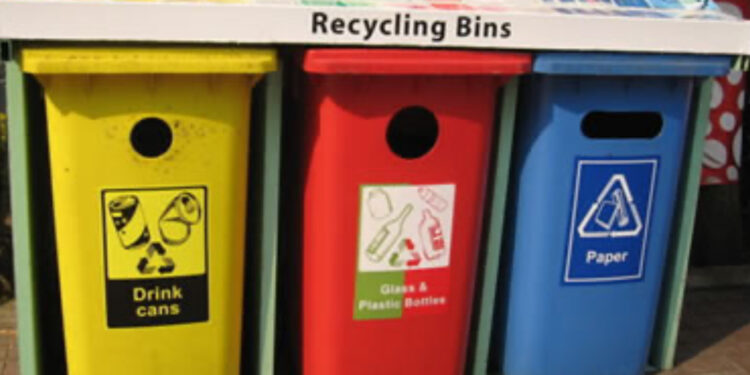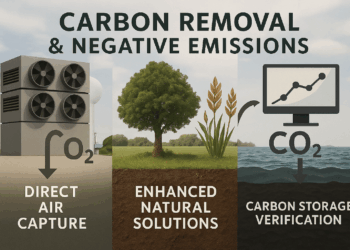Recycling is a cornerstone of modern environmental protection strategies. It involves converting waste materials into new products, reducing the need for raw resources, conserving energy, and mitigating pollution. As global environmental challenges such as climate change, resource depletion, and waste management intensify, adopting recycling as a lifestyle becomes not only a responsible choice but also an imperative for sustainable living.
One of the most significant benefits of recycling lies in its capacity to conserve natural resources. The Earth’s finite resources are under increasing strain due to population growth and industrialization. Recycling materials like paper, plastic, metal, and glass reduces the demand for virgin materials. For instance, recycling one ton of paper saves approximately 17 trees, while recycling aluminum conserves 95% of the energy required to produce it from raw ore. By adopting a recycling-oriented lifestyle, individuals and communities contribute to preserving ecosystems and biodiversity.
Energy conservation is another critical advantage of recycling. Manufacturing products from recycled materials typically requires significantly less energy than producing them from raw materials. For example, recycling plastic saves up to 70% of the energy needed to create new plastic from petroleum. This energy efficiency translates to lower greenhouse gas emissions, a crucial factor in combating climate change. By choosing to recycle, individuals help reduce the carbon footprint associated with production and consumption.
Waste reduction is a direct outcome of recycling. Landfills and incinerators, the traditional means of waste disposal, have severe environmental consequences. Landfills release methane, a potent greenhouse gas, while incinerators produce harmful emissions. Recycling diverts waste from these facilities, reducing environmental contamination and conserving space. Cities that prioritize recycling programs have successfully decreased landfill dependency, demonstrating the potential for large-scale positive impact.
From an economic perspective, recycling fosters job creation and economic growth. The recycling industry encompasses collection, sorting, processing, and manufacturing, all of which require skilled labor. According to studies, recycling creates significantly more jobs than landfilling or incineration. By supporting recycling industries and buying recycled products, individuals stimulate economic activities that align with environmental goals.
Despite its benefits, recycling requires behavioral changes and commitment. Individuals must segregate waste, educate themselves about local recycling regulations, and avoid contamination of recyclable materials. These efforts may seem minor but collectively have profound environmental implications. Embracing recycling as a lifestyle also involves making conscious purchasing decisions, such as choosing products with minimal packaging or made from recycled materials.
Recycling is not only about waste management; it represents a mindset of responsibility and sustainability. It reflects an understanding that human actions have far-reaching environmental consequences and a willingness to contribute to positive change. Moreover, recycling instills values of conservation, resourcefulness, and mindfulness, which can extend to other aspects of life.
Recycling plays an indispensable role in environmental protection by conserving resources, reducing energy consumption, mitigating pollution, and supporting economic growth. Adopting recycling as a lifestyle demonstrates a commitment to sustainability and a recognition of our collective responsibility toward the planet. It is a simple yet powerful way for individuals to contribute to a healthier and more sustainable future, making it a lifestyle worth considering.








